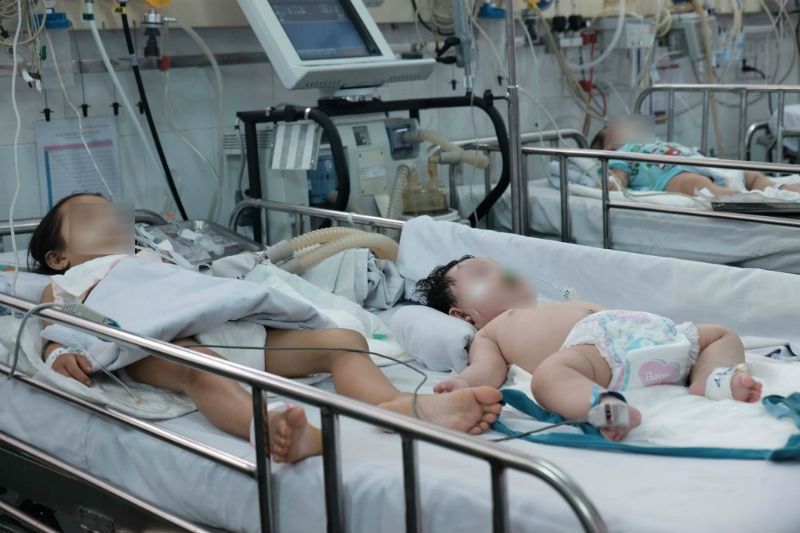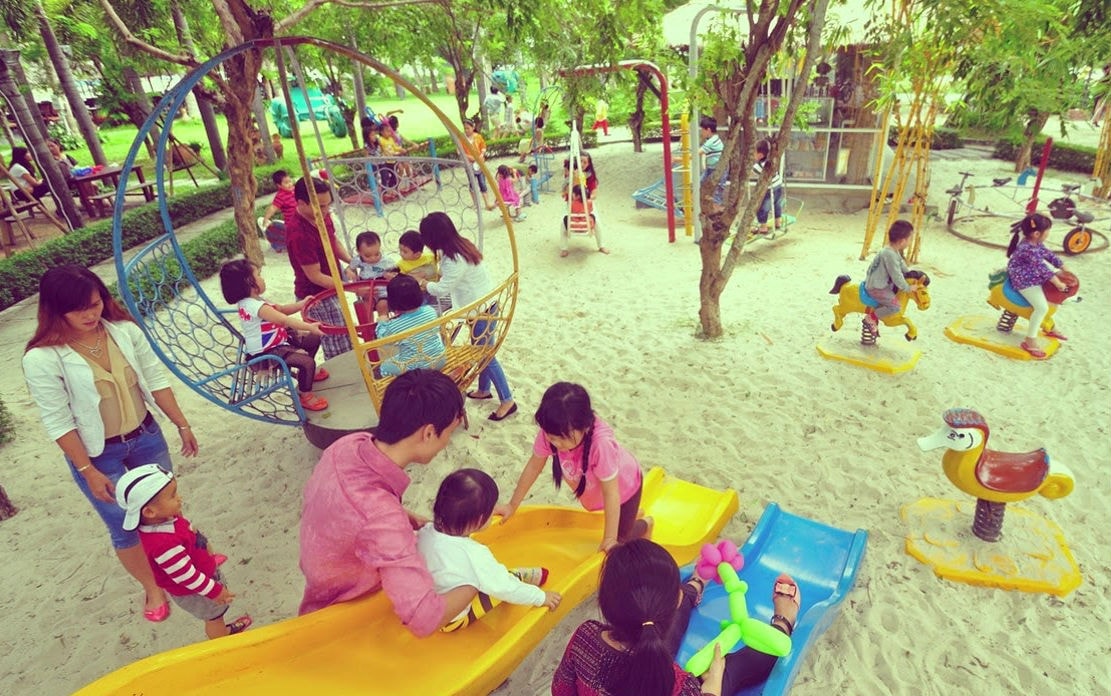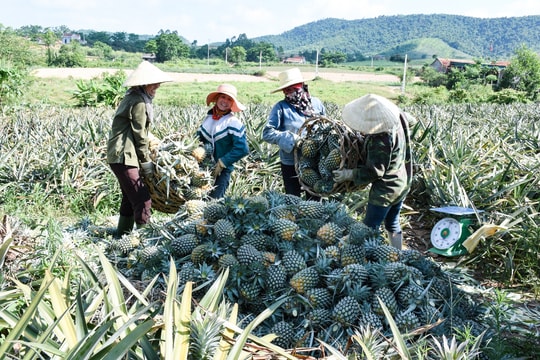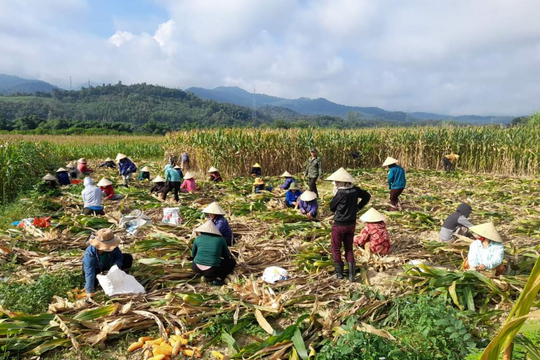How to prevent diseases children are most susceptible to in hot weather
Hot weather creates a favorable environment for many pathogens such as bacteria and viruses to easily break out and attack children.
The most common diseases children get during hot weather
- Diarrhea: especially acute diarrhea. Hot season is the outbreak season and easy to get diarrhea. Due to the heat, food is easily spoiled, polluted environment spreads diarrhea pathogens in children.
- Food poisoning: hot weather, if food is not properly preserved and food preparation for children does not ensure food hygiene and safety procedures, will cause food poisoning in children.
|
| Hot weather makes children more susceptible to illness. |
- Acute respiratory tract infections: hot weather causes outbreaks of acute respiratory tract infections such as pharyngitis, rhinitis, tonsillitis, adenoiditis, etc.
Most of the diseases in children under 5 years old are caused by viral infections. When sick, children often have fever, cough, runny nose, stuffy nose, even headache, nausea, vomiting... making them tired and having difficulty eating and drinking.
Some cases may be caused by bacterial infections, most commonly Haemophilus influenzae type b (abbreviated Hib) and Streptococcus Pneumonia. Parents should take their children to see a doctor as soon as possible for timely treatment.
- Viral infections: The hot season is also the time when children are susceptible to viral infections, causing fever, rash, headache, sore eyes, loss of appetite, fatigue or lethargy.
The disease can heal itself in 5-7 days if monitored and well cared for. However, there are also some dangerous viruses that need attention, such as the virus that causes dengue fever, the virus that causes hand, foot and mouth disease, measles, influenza, chickenpox, etc.
In addition, some diseases children are also susceptible to in hot weather such as Japanese encephalitis, chickenpox, meningitis, measles - mumps - rubella...
These "recurring" diseases usually appear from April to June or July every year. The disease can be prevented by proactively getting vaccinated.
Effective ways to prevent diseases that children are susceptible to in hot weather
- Create good personal hygiene habits: washing hands properly before eating, after using the toilet and playing will help children effectively eliminate dangerous pathogens from their own hands. Hand washing is considered a "free vaccine" for everyone.
- Hygienic eating and drinking: food and drink preparation and storage must strictly comply with food safety and hygiene regulations.
|
| Creating a healthy environment for children to play is the best way to protect them. |
- Create a healthy living environment: keep the living environment clean, airy, and fresh to limit the spread of dangerous infectious diseases. Clear the environment, eliminate stagnant water to prevent the development of mosquitoes. Parents can create the habit of sleeping under a mosquito net, participate in the movement to kill mosquito larvae, etc.
- Increase water and minerals: supplement the necessary amount of water for the body, especially drinks rich in minerals and vitamins such as fruit juices, fresh orange juice, fresh coconut water, cooled boiled water... to help the child's body stay cool and have good resistance.
- Implementing "breastfeeding" well: is a proactive measure to improve children's resistance, especially infants because breast milk, in addition to important nutrients, also has a very abundant amount of antibodies to help children prevent diseases.
- Vaccination with adequate doses and on schedule: parents need to proactively vaccinate their children against all dangerous diseases appropriate to their age with available vaccines, to help protect children best.



.jpg)






